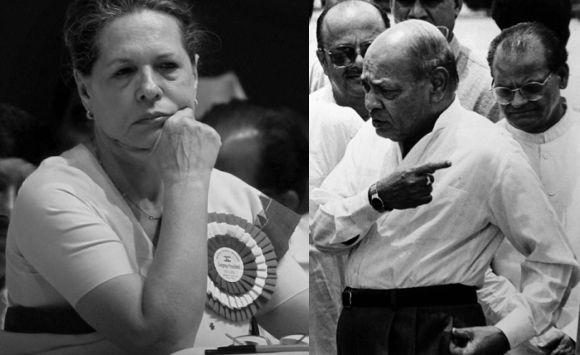
Why should the Congress party be hitched to the Nehru-Gandhi family like train compartments to the engine was how the late P V Narasimha Rao reacted to the suggestion that Sonia Gandhi be made the Congress chief after the assassination of her husband Rajiv Gandhi in May, 1991.
This has been stated by veteran Congressman Arjun Singh in his soon-to-be-released autobiography A Grain of Sand in the Hourglass of Time.
Singh has said that he came face to face with the "ugly face of politics and was truly disgusted" after hearing Rao's response to the suggestion that was made to him.
The 383-page book has been brought out by Hay House India with co-author Ashok Chopra saying the autobiography should be taken as "work in progress" because Singh passed away on March 4 last year while he was still to complete writing it.
Chopra said he has attempted to plug gaps in the text as faithfully as possible through interaction with his family members and some friends and associates.
...
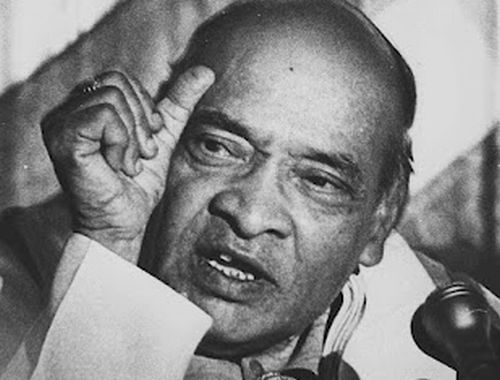
Singh said that "On hearing our suggestion, Rao kept quiet for a few minutes with a grave expression on his face.
"Suddenly, he burst out in anger and virtually yelled out words to the effect that whether it was essential that the Congress Party should be treated like a train where the compartments have to be attached to an engine belonging to the Nehru-Gandhi family or were there other alternatives? I was dumbfounded by Rao's outburst but kept quiet," he said.
The then AICC treasurer Sitaram Kesri, however, pursued the matter further and contended that it would be in the fitness of things if "we were to offer the post of the Congress president to Sonia first".
The book claims that Rao realised that he had perhaps spoken too much too soon and had exposed his anti-Nehru feelings very clearly.
He, therefore, thoughtfully queried, "There is no harm in making the suggestion, but will she accept it? We had no immediate answer to his query except that we would have to approach Sonia Gandhi and seek her reaction."
...
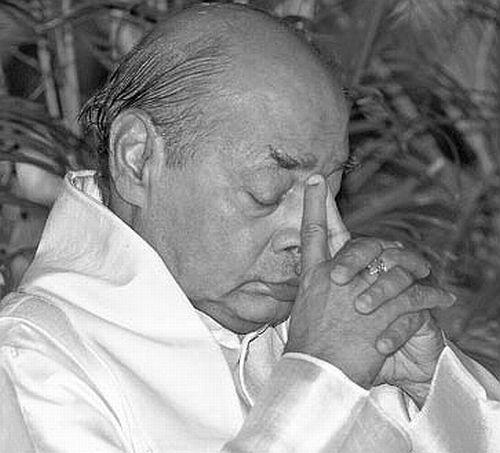
In this regard, Singh said the first Congressman, Vincent George, M L Fotedar and he himself had approached Kesri.
Kesri, an old-timer from Bihar, was not surprised at their choice of candidate and agreed to support Sonia, "although I did discern a faint hesitation in his acceptance".
In a detailed chapter on 'The Demolition at Ayodhya and its Impact', Singh has said that after the news of the Babri Masjid demolition came, Rao, then prime minister, had locked himself in his room and the scene resembled the infamous spectacle of Nero fiddling while Rome burnt.
Singh has said in the book that he rang up the prime minister's residence on the afternoon of December 6, 1992 to talk to Rao after hearing about the demolition.
"I was told that he was 'not available to talk to anyone'. I asked the person who had answered my call: 'Since when is he incommunicado or is he out of Delhi?' He replied:
'He is in Delhi, but he has locked himself in his room and our directions are not to disturb him under any circumstances.'
"To my mind, the scene very much resembled the infamous spectacle of Nero fiddling while Rome burnt. I took permission from my host and left for Delhi immediately," Singh, who was in Muktasar in Punjab at the time of the demolition, wrote.
...
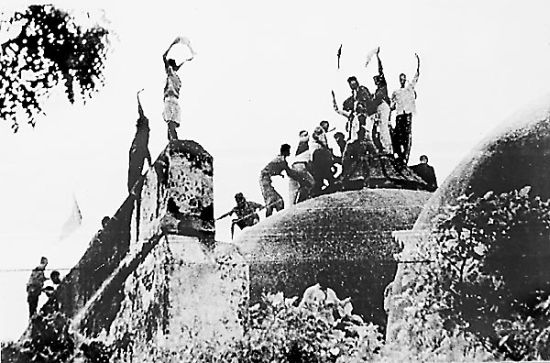
He said that soon after hearing the news, the images of the mosque being destroyed flashed across his mind and "I felt that the consequences of this very tragic event in our nation's history were going to be incalculable. The secular mosaic of India had been seriously damaged."
Singh also said that a day before it was razed to the ground on December 6,1992, he had told Rao that the mosque was going to be demolished, but got the impression that the then prime minister was "not taking the entire issue very seriously".
"I then told him very frankly that the Babri mosque was going to be demolished. This news definitely shook him and he wanted to dispute my claim, but, on second thoughts, he kept quiet," Singh recalled.
Recalling the meeting he had with Rao on the morning of November 5, 1992, a day after he reached Delhi after meeting the then Uttar Pradesh Chief Minister Kalyan Singh, Singh said he reported verbatim the details of the conversation with Kalyan.
...
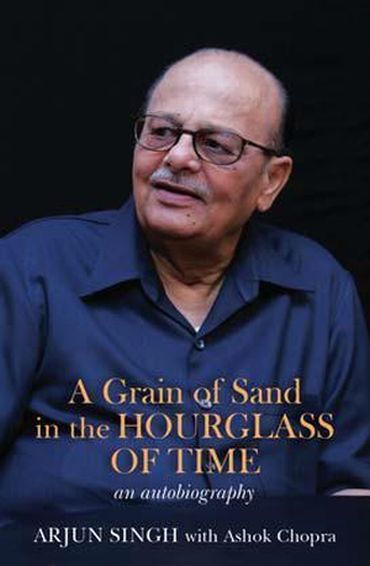
Rao pretended to be listening attentively, he said, "But I got the impression that he was not taking the entire issue very seriously. It appeared as if I was describing an inconsequential meeting with some minor functionary."
At one point, Singh said, he could not contain himself and told Rao bluntly that "we have turned a blind eye to the machinations of the BJP and the other pro-Hindutva outfits".
He then queried: "When could this [demolition] happen? I responded: 'This could happen any day.' Even I did not realise that the Babri mosque would be demolished the very next day."
Singh has claimed that Rao was trying to keep everyone happy and had at one stage decided to call on the then RSS chief Balasaheb Deoras himself and implore him to relieve the pressure on the government.
"I took strong objection to this proposed move and pointed out it would show the government in very poor light," he said.
According to Singh, he did not know when the files, which contain the proceedings of the meetings of the Cabinet Committee on Political Affairs, will be open to the public, "but whenever they are, they will reveal how an erratic government went from pillar to post in an effort to find a way out of the Ayodhya imbroglio.
"I have never witnessed such a pathetic performance by any other government."
Click on NEXT to go further...
...